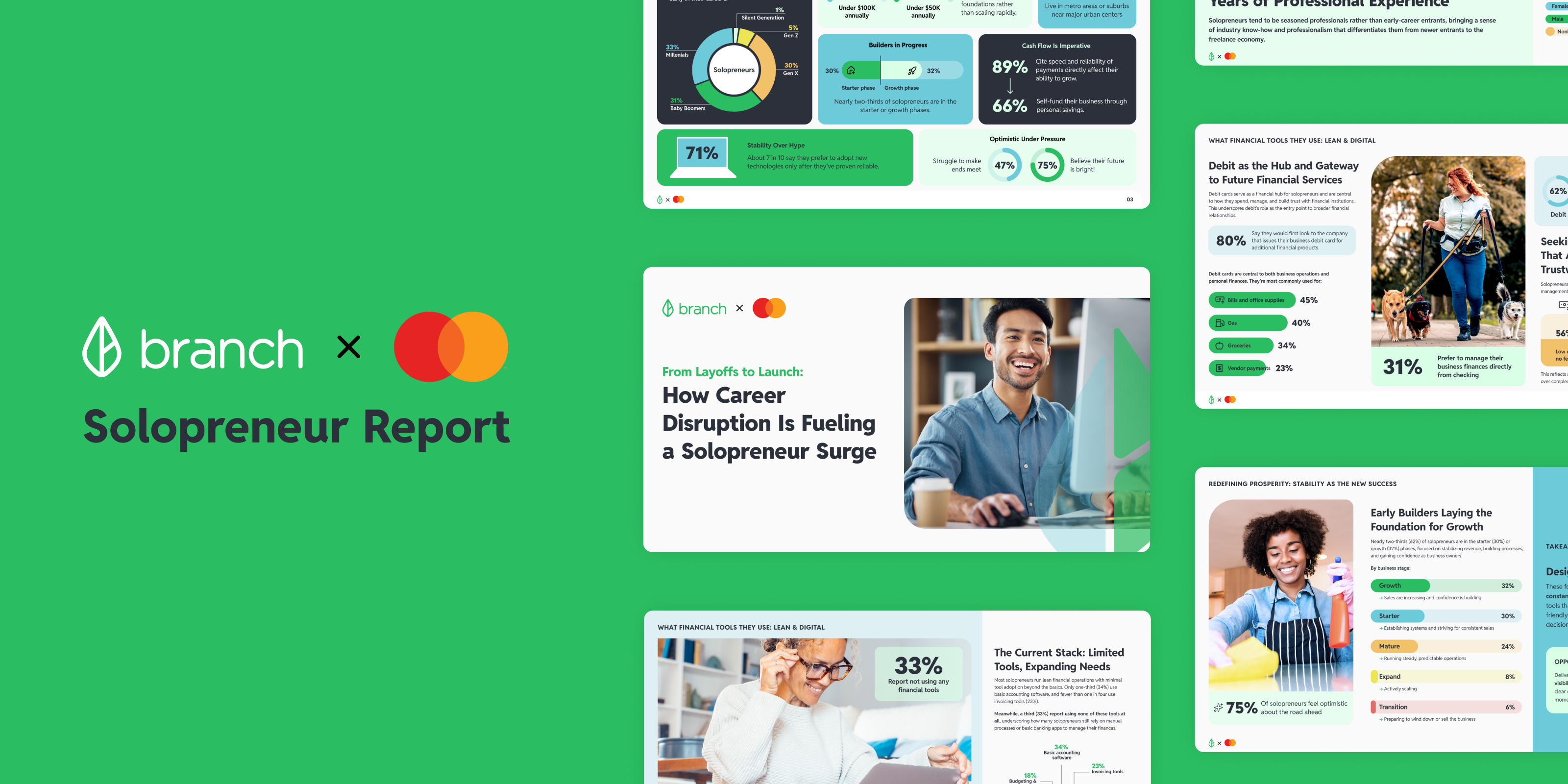
5 Trends Staffing Firms Should Embrace to Win More Talent
Staffing firms have always needed to focus on recruiting and retention, but with the tight labor market, this focus is more important than ever. While the growth of the contingent workforce—which makes up roughly 40% of the U.S. workforce—is expected to climb to 50% by 2050, longstanding staffing firms now face increased competition for talent from gig marketplaces.
Those marketplaces and platforms often provide more flexibility, technology, and other modern incentives that the next generation of workers is looking for. To appeal to today’s evolving workforce, staffing firms need to pay attention to the changing expectations and updated demands of today’s contingent workforce. Delivering on these expectations is crucial in securing a pipeline of high-quality talent and ultimately, keeping your customers happy. Here are several key strategies that firms can embrace to win and retain talent.
1. The rise of pay transparency
Pay transparency is a growing trend, with research from Robert Half confirming that 42% of workers expect to see salary or wage ranges in a job post, and 57% would remove themselves from consideration for a job if their employer didn’t provide it upon request. Workers from all backgrounds expect a company they work for to provide clear ranges upfront; staffing companies that embrace this trend will be better positioned to attract top talent and build trust with candidates.
2. Modernized technology becoming table stakes
Thanks in part to the expansion of the gig economy, professionals from all backgrounds now expect mobile-first technology that can allow them to pick up work and provide faster access to pay. When workers can download an app and start working for a gig platform that same day, you need to offer some way to provide a fast and flexible working experience. Consider what technology you’re utilizing and whether or not you can provide more mobile-first, user-friendly options to recruit, onboard, and pay your workforce.
Faster access to pay is particularly important; 83% of workers feel they should be able to access their pay each day, and that number only continues to grow as faster, more flexible access to earnings becomes a must-have for job-seekers.
3. Increased emphasis on flexibility
The pandemic was a major catalyst for increased virtual and remote work—a trend that’s only continuing into 2024. Positions that were once considered only in-person roles are now being viewed from a different lens, with companies accommodating workers who wish to work remotely at least part of the time. These accommodations reflect a broader shift in how companies approach recruiting and retention, understanding that today’s workforce values work-life balance and flexibility more than ever before.
4. More demand for mental health resources
It’s not a shock that the modern workforce prioritizes work-life balance, but a crucial missing piece of this may be mental health support from their workplace. In fact, one in three Americans say their job negatively impacts their mental health. In order to secure and retain more talent, staffing agencies will have to emphasize worker well-being by providing better mental health resources and support for candidates. This may look like providing access to Employee Assistance Programs with therapy or phone sessions, or offering increased flexibility around taking personal time and leave when life necessitates it.
5. New emphasis on upskilling and reskilling
The rapid speed at which technology is transforming key industries—such as manufacturing and industrial work—means that there has been a growing skills gap for many key positions. Companies will need to invest in upskilling and reskilling their candidate pool if they don’t have enough qualified talent to fill certain roles. If your staffing firm can assist with this process, your value will automatically increase.
This starts with having clear data on each candidate’s skills and strengths, which may allow you to better understand how certain skills may be transferable to other areas. Your staffing firm may also recommend specific resources, courses, or industry certifications for specific candidates to explore in order to meet the requirements of in-demand roles.
A candidate-driven market requires new strategies to secure talent
Now more than ever, shifting worker demands mean that it’s a candidate’s job market. Workers expect more from any company they sign up with—even if it’s a temporary position. Increased pay transparency, faster access to earnings, a greater emphasis on flexibility and mental health support, and even assistance bridging specific skills gaps can all help your staffing firm recruit more candidates and keep your customers happy.
Learn how you can use Branch to help secure more talent with fast, flexible pay by requesting a demo below.
Continue reading
Unlock a Happier, More Productive Workforce








